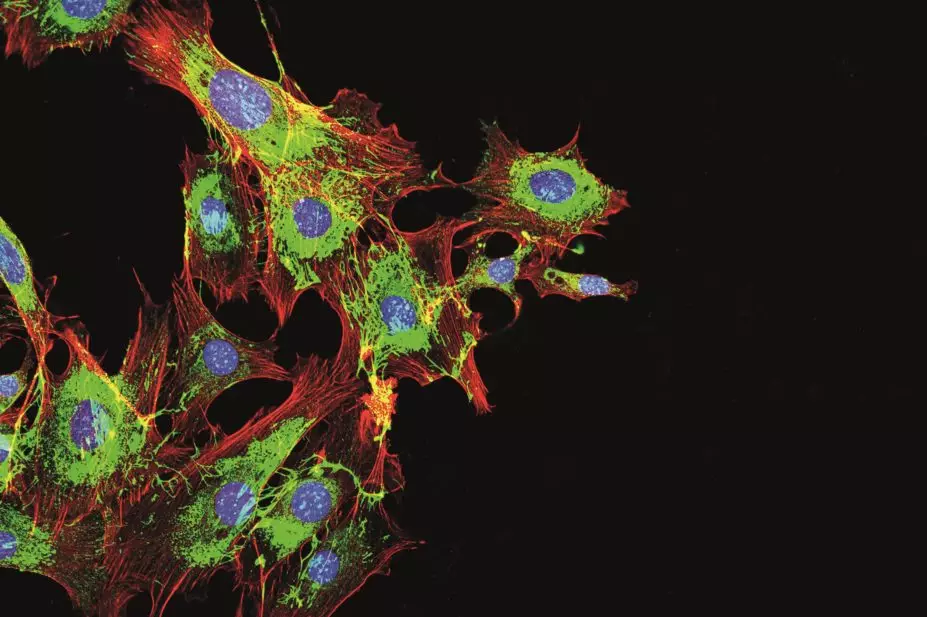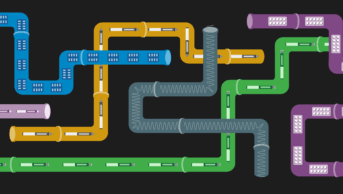
Shutterstock
Cells that initiate metastasis in cancer require a favourable microenvironment, so it is thought that targeting this environment could lead to new therapeutic approaches.
Researchers from the Francis Crick Institute in London found that leukotrienes, released by neutrophils in the lung, help breast cancer cells to establish metastatic sites by conferring a selective advantage to cells with the greatest metastatic potential.
In mouse models of the disease, cancer did not metastasise to the lungs in mice that genetically lacked neutrophils or leukotrienes. The researchers also showed that an existing drug – zileuton, which inhibits leukotriene production – could effectively reduce metastasis.
Writing in Nature (online, 9 December 2015)[1]
the researchers say it is likely that such a metastasis-boosting mechanism also exists in human cancers, and their findings provide hope of new therapeutics.
References
[1] Wculek SK & Malanchi I. Neutrophils support lung colonization of metastasis-initiating breast cancer cells. Nature 2015; doi:10.1038/nature16140.

